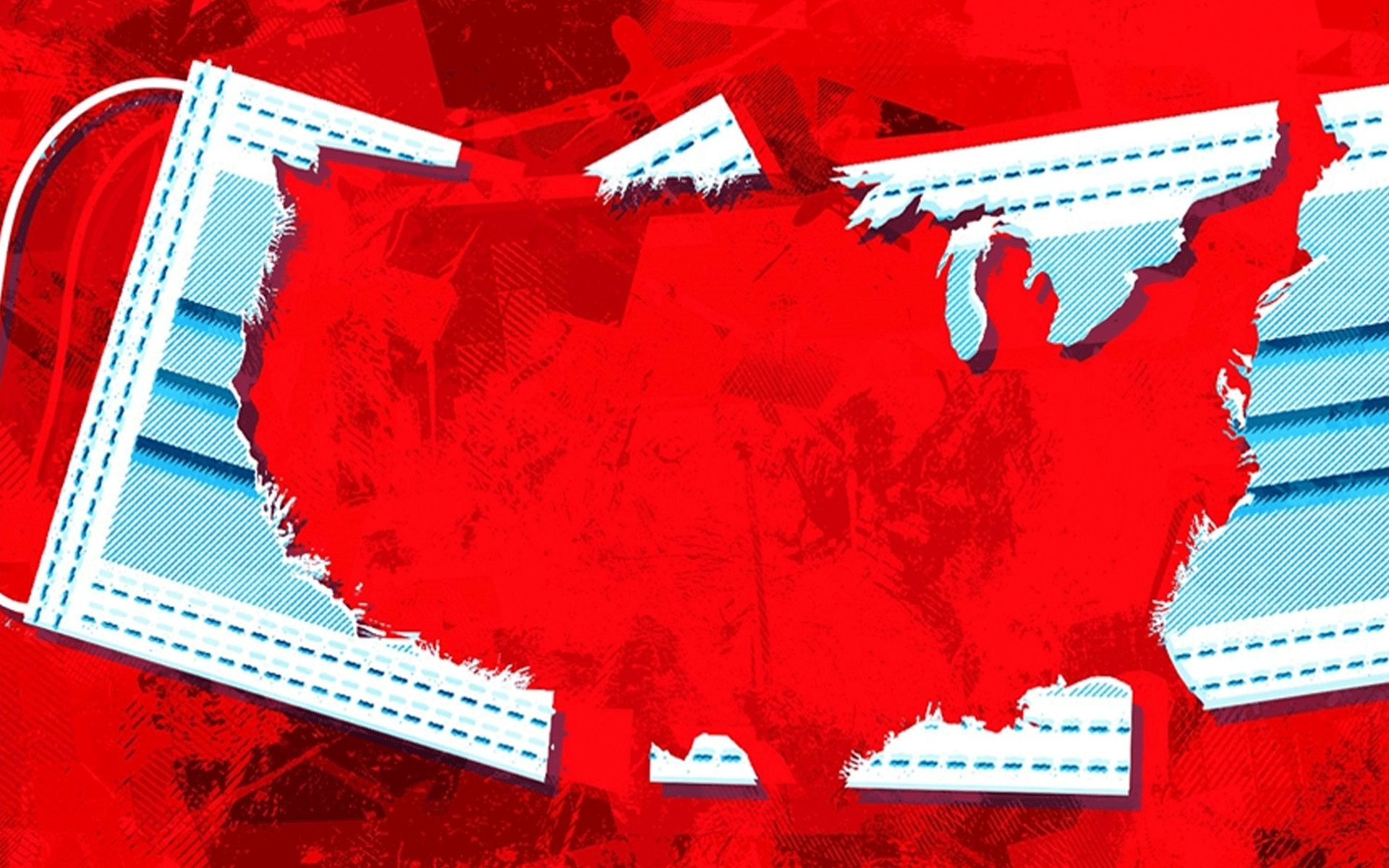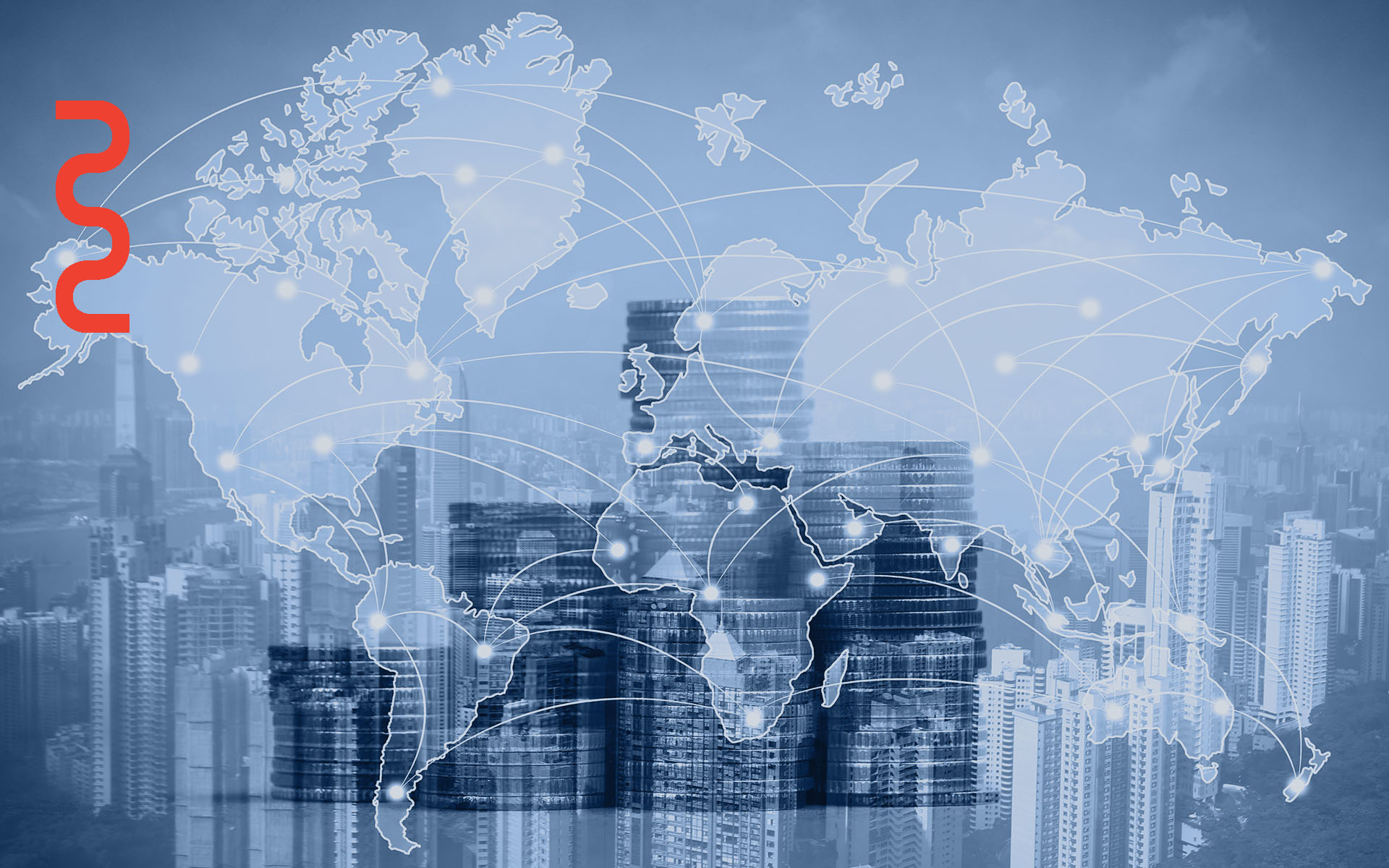Physical distancing is hard on everyone. Here are some tips to navigate our new normal.
Even as certain provinces and countries look forward to loosening confinement measures, it is clear that the COVID-19 pandemic will change the way we socialize for the foreseeable future. Yet, after almost two months spent hunkered down in our homes, introverts and extroverts alike often feel they are at a breaking point.
In a sense, introverts are well-trained for physical distancing. They are able to perform tasks with minimal external stimulus and they recharge their batteries by spending time alone. The current need to isolate may feel significantly more comfortable for an introvert than the routine pressure from peers to go out.
Extroverts, on the other hand, are unfamiliar with the quiet isolation that introverts are naturally inclined to adopt. They crave the social contact we cannot currently seek out that replenishes their energy by exchanging with others.
Extrovert and introvert traits tend to evolve over the course of our lives and we often need to adapt behaviours to our environment.Introversion and extroversion exist on a bell curve, meaning that most people exhibit a little of both. There are few extroverts who would want to spend every waking hour submerged in a crowd of people, or introverts who would truly rejoice faced with the total absence of social contact. Extrovert and introvert traits tend to evolve over the course of our lives and we often need to adapt behaviours to our environment.
The COVID-19 pandemic has upset both introvert and extrovert habits, but these tips may be useful as we continue to flatten the curve.
Don’t tinker with your tempo
Instilling your life in isolation with some familiarity can help mitigate the strangeness of it all. Even introverts are bound to be a little disturbed by the almost complete lack of interaction that defines our lives in confinement. Keeping up with your routines may mean setting your alarm clock a little earlier to work out in the morning, having your Monday coffee while catching up with a work friend on Zoom, or putting on your office wear at the start of the day.
Make your workspace functional and enjoyable. Arrange all of the things you would have at hand in your usual office space: pen and paper, your computer and phone, some water and a hot beverage. It’s worth taking the time to do this. For video conferencing purposes, conceal messy home surroundings by choosing a new background that represents your city or perhaps somewhere you’d like to travel to one day.
Plan your day
As we live through this unprecedented crisis, it isn’t just the structured mind of an introvert that can benefit from some consistency. When it seems that you can control nothing else, setting up a schedule for your day can increase your productivity and help ease anxiety around the pandemic. Setting goals for the day and the week ahead will help give you a clearer sense of purpose when you settle down to work in your home office.
When planning your day, make sure to schedule breaks for lunch and other activities. For those isolating with partners or families, these breaks may help establish boundaries between your work life and the needs of those around you. You may also choose to use breaks to connect virtually with others outside your home or to simply unplug. Some people have told us that they dress up for work and then walk around their backyard and come back into the house, completing their commute mentally, if not actually physically.
Connect with others
The loneliness of physical distancing can have mental and physiological effects on us all, including individuals who might not typically suffer from spending extended periods of time alone. People are finding creative substitutes for all sorts of activities that can no longer happen in person like virtual board game nights, karaoke sessions, dance groups, and happy hours.
But for introverts, limiting the amount of stimulus by interacting with others from the comfort of one’s couch makes for a far more relaxing setting than a noisy bar or family event, which are likely to drain their batteries. For extroverts, while these interactions don’t fully substitute for the physical sense of community they are accustomed to, they can provide a much needed extrovert break from the silence of working at home. For very extroverted people, these breaks are crucial. Here in Montreal, we are allowed to go outside and to chat with people, as long as we keep an appropriate physical distance.
Protect your calendar
Avoid saturating your schedule with virtual gatherings: introverts, ambiverts, and extroverts all need occasional quiet time for themselves. It’s even possible to experience the same battery-draining effect of excessive socializing in virtual exchanges. We note that virtual video meetings are more tiring than those held in person. Focusing on the camera and paying full attention is draining. We miss the occasional clever aside with the people sitting next to us, and even a friendly smile or wave to colleagues across the room.
Unwind as you normally would
Extroverts and introverts alike need rest from social interactions, even when they are virtual. It’s essential to unwind from the seemingly endless Zoom calls, screen time, and constant pressure to keep up with the news by taking some time to get away from it all. Meditating, exercising, journaling, reading, or cooking alone are all ways to separate oneself from the constant noise.
We all need quiet time to reflect and thinkThis is especially true for those isolating with families or roommates: the noise from two or more people confined in one space can prove to be too much, even for an extrovert. We all need quiet time to reflect and think. Our neighbours with small kids are finding it very draining at times; friends who live in big cities like Singapore, New York City, or London—where they tend to have less space—are finding this to be especially true. But even our neighbours in Montreal, who have somewhat bigger homes and possibly backyards, find the continual presence of children and the need to help with their education incredibly demanding. We need breaks!
Cut yourself some slack
Physical distancing is hard on everyone—neither introverts nor extroverts are better equipped to weather the storm. Given these new circumstances, it’s normal to struggle to be productive or to feel like you aren’t yourself. Changes in routines and the absence of meaningful social contact are burdens that introverts and extroverts all must shoulder during this pandemic.














